📚 A Bookish Chat with 'Eternal Graffiti' Author Peter Marlton | Author Interview | #AuthorInterview #BlogTour #Interview
Peter Marlton is a pseudonym for Pete MacDonald, both as a fiction writer and as a musician and songwriter. He was born in San Francisco and has lived in Los Angeles, New York City, Seattle, and in three European countries. He’s published short stories, a novella, and essays in various literary magazines and The New York Times.
His latest book is the adult literary fiction, Eternal Graffiti.
You can visit his website at www.petermarlton.com or connect with him on Twitter.
TWL:Welcome to The Writer's Life! How did you come up with the idea to write your book?
Peter Marlton: I wrote down the idea much as I have here, and eventually it turned into a pivotal scene in Eternal Graffiti. Many years ago, I had a vivid image come to mind of a building on fire on top of a hill in rural Northern California. The building is a barracks, part of a larger prison for teenagers. A 15-year-old inmate watches from the bottom of the hill. It is magnificent, this inferno, biblical in its power and proportion. It lights up the night sky, a high wind creating spectacular configurations of wanton destruction. The kid is living the moment fully, awestruck at the rightness and justice of it. The devastation is long overdue, and any minute it’s going to offer him a rare opportunity to escape.
TWL: Can you give us a short excerpt?
Peter: Opening to Chapter One:
On the Monday after the long Thanksgiving weekend in 1970, I came home
for the last time to the little rented house my mother and I lived in. Two bedrooms, one bath, tiny living room, washer and dryer on the covered back porch. A typical low-rent box in Rockville Flats, California, an all but forgotten, end-of-the-road, jerkwater town on the southwest ass-cheek of the Mojave Desert. It’s bordered in all directions by a barren landscape probably not so different from the one Christ wandered into as a would-be savior.
I remember walking into the house excited and a little afraid (which I never would have admitted at the time). My best friend Shooky and I were running away to Venice Beach early the next morning. It was something we’d been planning for months. Steven Gregory, our high school principal (at his core a simpleton, a gray suit with a head on it), told us earlier that day that because we were such fuck-ups we’d have to repeat our senior year. That sped up our departure date by months. No way were we going to stick around for that.
I found my mother sprawled out on the couch, unconscious. She worked the counter at Winchell’s, selling donuts and coffee to truck drivers all night long on the graveyard shift. She must’ve traded with somebody to be home at that hour. I could smell the bourbon from ten feet away. I was probably as high as she was drunk. Shooky and I had been getting stoned for the last few hours. The hash had taken me to a magical place—an otherwise inaccessible neighborhood in my mind, one that was free of existential angst, uncontaminated by any form of law enforcement, where Rockville Flats’ fossilized, infertile hills were uncharacteristically alive with the sound of music.
TWL: What part of the book was the most fun to write?
Peter: I love writing dialog. I’ve written a few one-act plays because I enjoy it so much. Owen, my 17-year-old fugitive protagonist, gets into conversations involving topics such as the life-affirming benefits of drug dealing, reincarnation, whether apathy is freedom, the Vietnam War, religion, pornography, love at first sight, betrayal, sexual freedom, what it means to be a prude, and how to cope with profound loss. The conversations are usually with one of three major characters and are funny or poignant or sad or a mixture of these, and often reflect bohemian life during the early 70’s in Venice, California. One scene that made me laugh out loud—Owen’s interview for a crazy, illegal telephone sales job—was something I experienced myself.
TWL: What’s one fact about your book that would surprise people?
Peter: Kiera was an unknown character never consciously thought of or even imagined. She showed up one night on the page, or I should say, her voice showed up on the page. I had no idea who she was, but I knew right away she would be important. I’m not sure how or why I knew that. She was a 19-year-old Irish student at UCLA and became so crucial to the novel that I had to go to Ireland to find out where she was from and spend some time there. My daughter and I drove around the island not knowing where we were going, just following my gut until we found her in Drumcliff and Mullaghmore. It was a mystical experience.
TWL: What other books are you working on and when will they be published?
Peter: I’m working on a book that takes place in Laurel Canyon, which for those who may not know is just a short drive north of Hollywood. In the late 1960s and early 70s some of the best rock and folk-rock music ever produced was written by people who lived there—The Byrds, Crosby Stills Nash, Neil Young, Joni Mitchell, Linda Ronstadt, Frank Zappa, etc. But that’s all over and had been for several years by the time the book begins in 1979. A 50-year-old actress who had some success in the late 60s and early 70s and who lived through those fabulous years, now teaches acting. She is in debt to the IRS and needs money badly. She has a son and daughter in their mid-twenties and both, unbeknownst to the other, have decided to come home from their travels to “surprise” her. How that will play out is uncertain to them, due to past problems in their respective relationships. They arrive home on the same day to find that their mother is living with a 20-year-old boyfriend who is an acting student who now thinks he wants to play blackjack for a living. I have a contract with the Story Plant to write it and I hope it’ll pass the audition.
TWL: Finally, what message are you trying to get across with your book?
Peter: I wouldn’t say I’m trying to send a message, although I can see how the book may deliver one. I would rather say I hope the reader feels the story deeply, loves at least one or two of my characters, is moved from time to time and finds it funny from time to time, and finally, after reading the last page doesn’t want to talk for a while. If someone experiences it that way, or even close to that, I think I’ve succeeded in creating the world I attempted, one that is real, raw, truthful, devoid of bullshit, emotionally resonant, and thought provoking.
TWL: Do you have any final words?
Peter: Thank you very much for the opportunity to talk about Eternal Graffiti and be a part of The Writer’s Life.
Title: Eternal Graffiti
Author: Peter Marlton
Publisher: The Story Plant
Pages: 352
Genre: Literary Fiction
Blurb:
“I don’t know if this is a confession or a purge, a scream or a lullaby,” begins twenty-seven-year-old Owen Kilroy’s journal, in which he writes about the remarkable women—friends and lovers—who’ve come and gone and who have shaped his life, as well as the many varieties of heartbreak he’s experienced.
Owen revisits himself as a seventeen-year-old guitar player, songwriter, and drug dealer in a small, fictional California desert town. He relives being arrested, violently, by half the town’s police force and sent to juvenile prison. He faces the pain of being disowned by his mother and having his father disappear. And he re-experiences inadvertently killing his girlfriend by providing her with drugs.
After escaping from juvenile prison, ending up broke, desperate, and homeless in Venice Beach, he eventually meets Kiera, a nineteen-year-old Irish student at UCLA. She is the great love of his life, a love that he knows would cripple him if he were to lose her. Now, ten years later, Owen discovers that writing about her and all that came before isn’t enough. If he is to move on, he realizes he must go back to California and face his ghosts directly.
“Marlton’s prose mixes lyricism with grit, which often results in evocative images. The author has an eye for nuance and detail, and he manages to evoke the era and the youth culture of the time.” ― Kirkus Reviews
Book Information
Release Date: September 6, 2022
Publisher: The Story Plant
Soft Cover: ISBN: 978-1611883329; 352 pages; $16.95; eBook $7.99
Amazon: https://amzn.to/3brycU7
Barnes & Noble: https://bit.ly/3oOBns2
Indigo: https://bit.ly/3zVhXbf
Indiebound: https://bit.ly/3OZeLPY
Book Depository: https://bit.ly/3BIRLlo
Chapters: https://bit.ly/3QfBpVt
The Writer’s Life
Thank you for visiting and reading!
Feel inspired? Have you read this book? Let us know your thoughts!




























































































































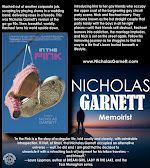



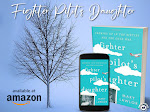





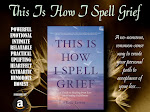
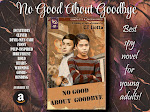


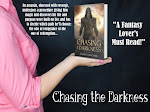
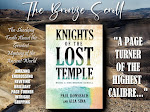





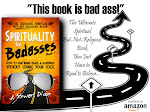

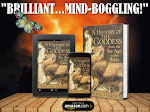

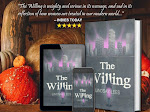
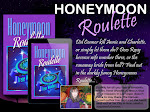
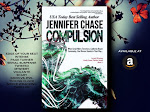
















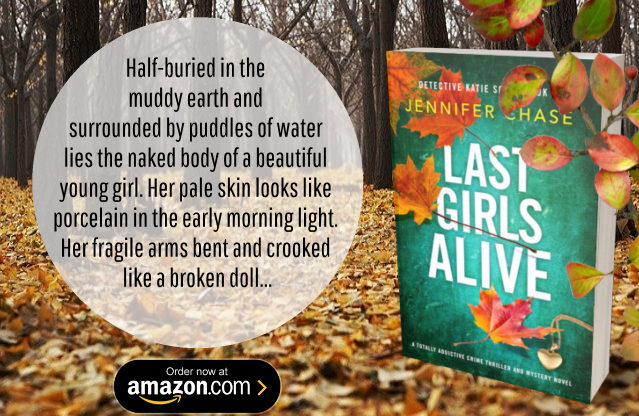
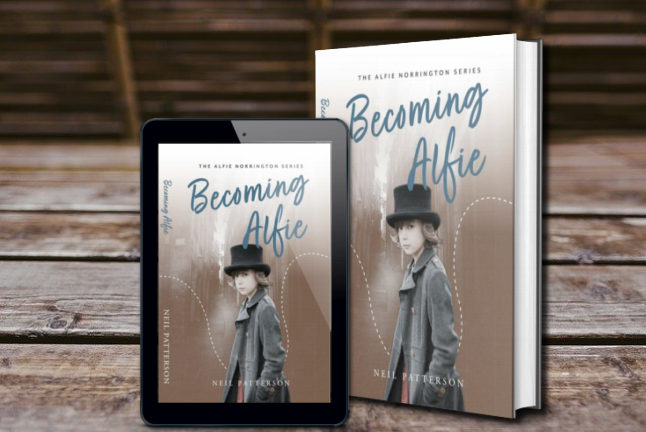
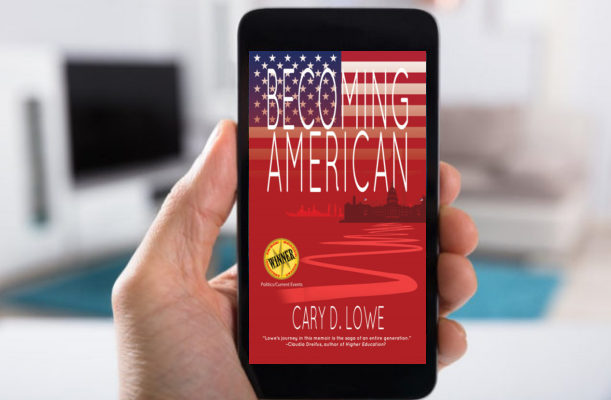

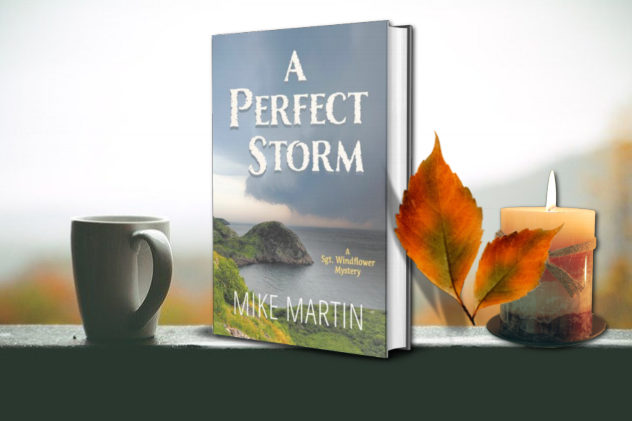
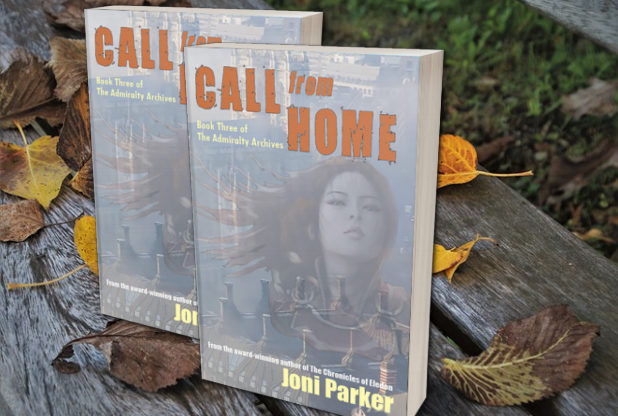
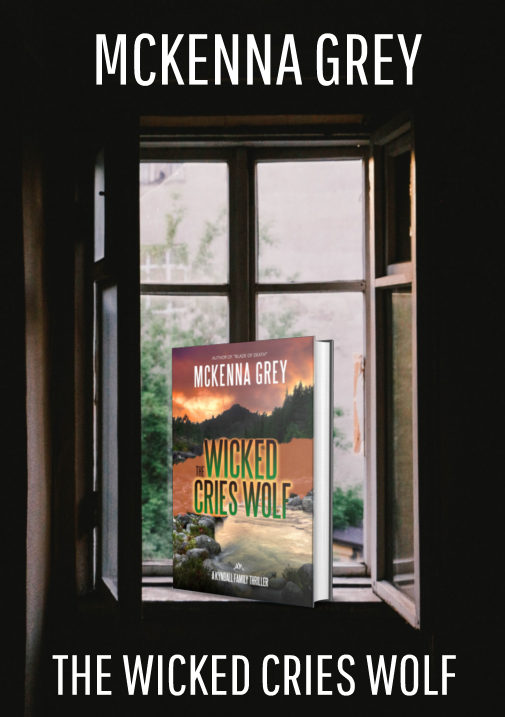


Leave a Comment